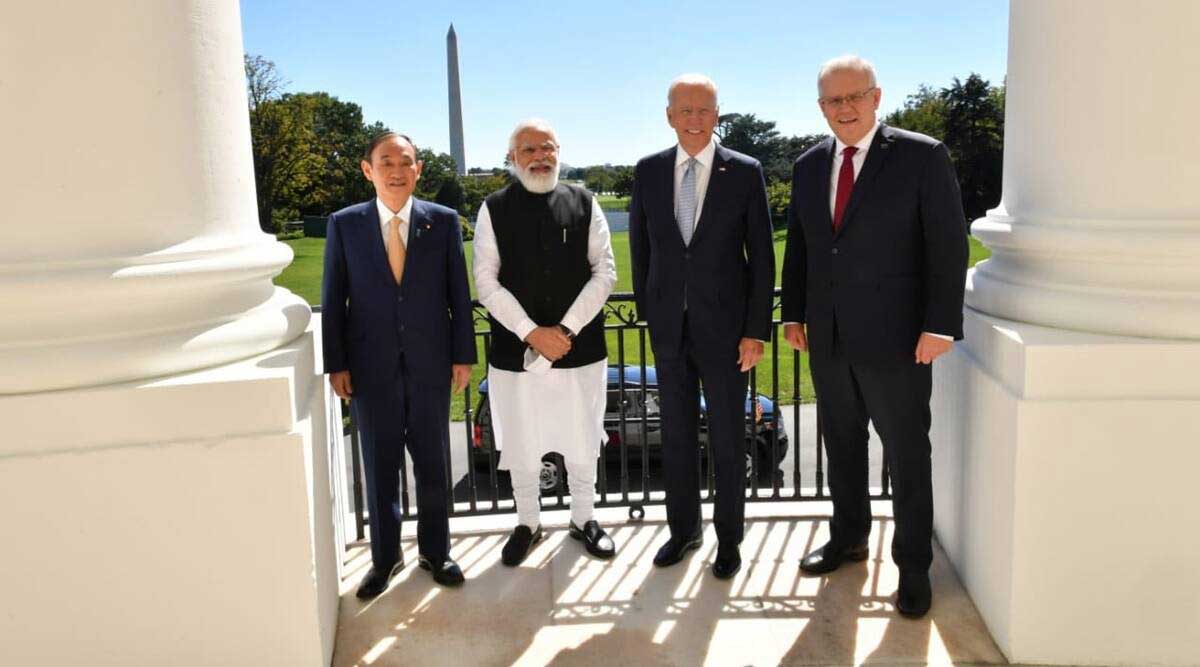
BGA Quad Perspectives: Historic Summit Shows the Group Means Business

Amid the historic Quad summit held on September 24 in Washington, D.C., BGA’s teams in all the four Quad countries collaborated on an update to clients on its impact and implications for companies. The update highlighted BGA’s local, granular ground presence in all four of the Quad countries and its ability to synthesize perspectives across these four vital Indo-Pacific capitals.
Context
The holding of the Quad’s first in-person summit meeting was the latest in a series of developments in the grouping’s evolution. This included the virtual Quad summit that was convened in March between the leaders of the four countries.
The summit was held in spite of earlier scheduling challenges and other developments preoccupying leaders. Australia’s Prime Minister Scott Morrison was dealing with the follow up of the previous week’s announcement of the Australia-U.K.-U.S. (AUKUS) enhanced trilateral partnership, which the BGA Australia team took a deep dive into here. Japanese Prime Minister Yoshihide Suga faces an upcoming election, a context within which BGA Japan continues to be working with stakeholders including the government across a range of areas including semiconductors.
Significance
The summit reinforced the contributions that each country is trying to bring to the table in the grouping. The Quad’s vaccine-related progress continues to feature a heavy emphasis on India as it recovers from its second pandemic wave, while Australia intends to play a leadership role in clean hydrogen and clean energy supply chains. The mention of the Comprehensive and Progressive Agreement for Trans-Pacific Partnership (CPTPP) in U.S.-Japan discussions amid applications from China and Taiwan illustrates Tokyo’s important role on economic engagement.
The outcomes illustrate that the Quad is moving beyond defense and towards a more comprehensive vision that incudes some private sector involvement. The private funding of the new Quad Fellowship and industry dialogues on subjects such as Open RAN reinforce the fact that, as BGA CEO Ernie Bower and BGA India Managing Director Ratan Shrivastava had pointed out earlier this year, that the Quad is “moving beyond defense.”
Implications
The Quad’s evolution should be viewed relative to both the larger and smaller groupings it affects. The Quad summit came in the face of ongoing efforts to boost bilateral relations among individual Quad members, as was highlighted by Australian Trade Minister Dan Tehan’s India visit and U.S.-Japan alliance consultations between Biden and Suga. Anxieties about ASEAN centrality also continue to affect parts of Southeast Asia.
The Quad’s development will be important to monitor within the context of domestic and international developments. These include the upcoming climate change summit as well as Japan’s elections, even though Suga’s successor is expected to adhere to Tokyo’s wider Indo-Pacific approach. Attention will be focused on whether another summit is to be convened next year and if the Quad ends up expanding into informal, a la carte Quad-Plus arrangements.
Companies should closely watch opportunities for upcoming collaboration and participation. Though it is still early days in its revival, the evolution of what is termed by some as Quad 2.0 is occurring in a cross-sectoral, granular manner that means more rather than less opportunities for private sector collaboration in areas including supply chains, health, education and infrastructure.
BGA will continue to keep you updated on developments in the Indo-Pacific as they occur. If you have any comments or questions, please contact BGA Australia Managing Director Fergus Hanson at fhanson@bowergroupasia.com, BGA India Managing Director Ratan Shrivastava at ratan@bowergroupasia.com, BGA Japan Managing Director Kiyoaki Aburaki at kaburaki@bowergroupasia.com or BGA Head of Research Murray Hiebert at mhiebert@bowergroupasia.com.




















